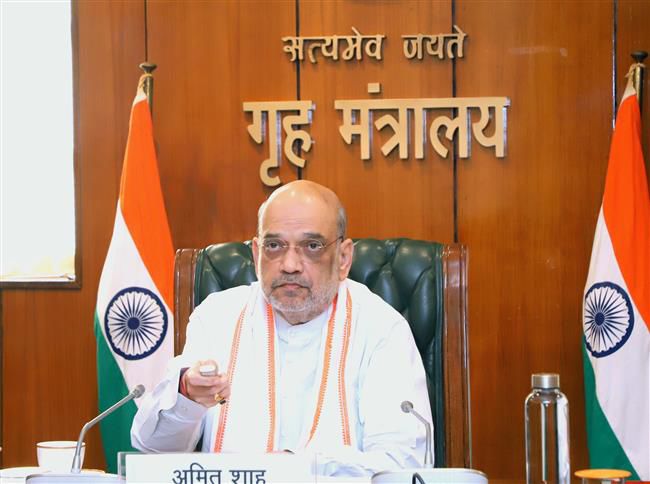Will the opposition be able to confront the BJP on its electoral bonds plan in the 2024 Lok Sabha elections?
The 2024 Lok Sabha elections will be initiated by the Election Commission of India on Saturday. Prime Minister Narendra Modi has set a goal of 370 seats for the BJP and 400+ seats for the party-led NDA.

Given that the Congress last achieved this feat in the 543-member Lower House in 1984, after the death of Prime Minister Indira Gandhi, it is an ambitious goal.
These elections now have a new dimension because of the Election Commission of India’s (ECI) publication of electoral bond data released by the State Bank of India (SBI). This has also given the opposition party an advantage over the governing BJP in the election plan.
The crucial question is whether the opposition parties—including the India bloc—can capitalize on this and put the BJP on the defensive.
Congressman Rahul Gandhi launched a scathing assault on Prime Minister Modi on Friday, accusing him of “running the world’s largest extortion racket” over the plan.
Additionally, he said that money gathered from the now-canceled program was used to overthrow opposition governments and fracture political organizations like the NCP and Shiv Sena in Maharashtra.
Will it be detrimental to the BJP?
The BJP is prepared with counterarguments.
Home Minister Amit Shah had a harsh initial reaction to the Supreme Court’s decision to terminate the program, stating that its purpose was to “wipe out black money” from the previously used political finance system.
He said during a press conference that financial contributions to political parties were the norm prior to the plan, accusing the Congress of transactional corruption.
The Congress officials would retain Rs 1,000 in their residences and deposit Rs 100 in the party.
He said, “Congress has been doing this for years.”
In addition, Shah said that the sum collected by the opposition parties was out of proportion to the number of Lok Sabha seats they had.
Approximately Rs 6,000 crore was given to the BJP via electoral bonds. A total of Rs 20,000 crore was invested in bonds by all parties. He said that the Trinamool Congress had got bonds worth “Rs 1,600 crore, Congress Rs 1,400 crore, Bharat Rashtra Samithi Rs 1,200 crore, BJD Rs 775 crore, and DMK Rs 649 crore,” so where had the remaining Rs 14,000 crore gone?
The BJP topped the list of political parties by cashing in electoral bonds valued at RS 6,060.5 crore, followed by the TMC (Rs 1,609.50 crore) and the Congress (Rs 1,421.9 crore).
The Implications of Bonds
Commentators agree that the disclosure made in response to the Supreme Court’s order highlights how important election money openness is.
They continue, saying that the “landmark judgement” also draws attention to matters like preserving voters’ access to information, political equality, and fair competition in democracies.
It is certain that material released in compliance with the Supreme Court’s order on election eve underscores elements such as the public’s right to knowledge, political responsibility, openness, and the potential for quid pro quo agreements. However, it remains to be seen how it would impact the results of the Lok Sabha elections in a nation where a number of variables, including caste combinations and welfare systems, play a role in elections. If a significant connection to corruption is not found, analysts believe it may sway some voters.
Remarkably, according to sources, Future Gaming and Hotel Services PR, under the direction of Santiago Martin, became the largest contributor between April 12, 2019, and January 24, 2024, giving almost Rs 1,368 crore. The Enforcement Directorate has seized Rs 411 crore, and the business has been the subject of a complaint filed under the Prevention of Money Laundering Act, 2002.
“Labharti” movement
Ambitious social programs and pledges are anticipated to continue to be the major focus of the BJP’s 2024 General electoral. Over the years, “labharthis,” women voters, and welfare schemes have remained one of the primary tactics in the party’s electoral campaign.
The provision of welfare benefits directly to citizens has proven to be a popular vote-catcher. The BJP is concentrating on an outreach campaign centred around the “Modi ki Guarantee,” which includes “fulfilled” promises like the building of the Ram Temple in Ayodhya, the enforcement of the Citizenship (Amendment) Act and the repeal of Article 370, as well as welfare initiatives for women, farmers, and the impoverished.







